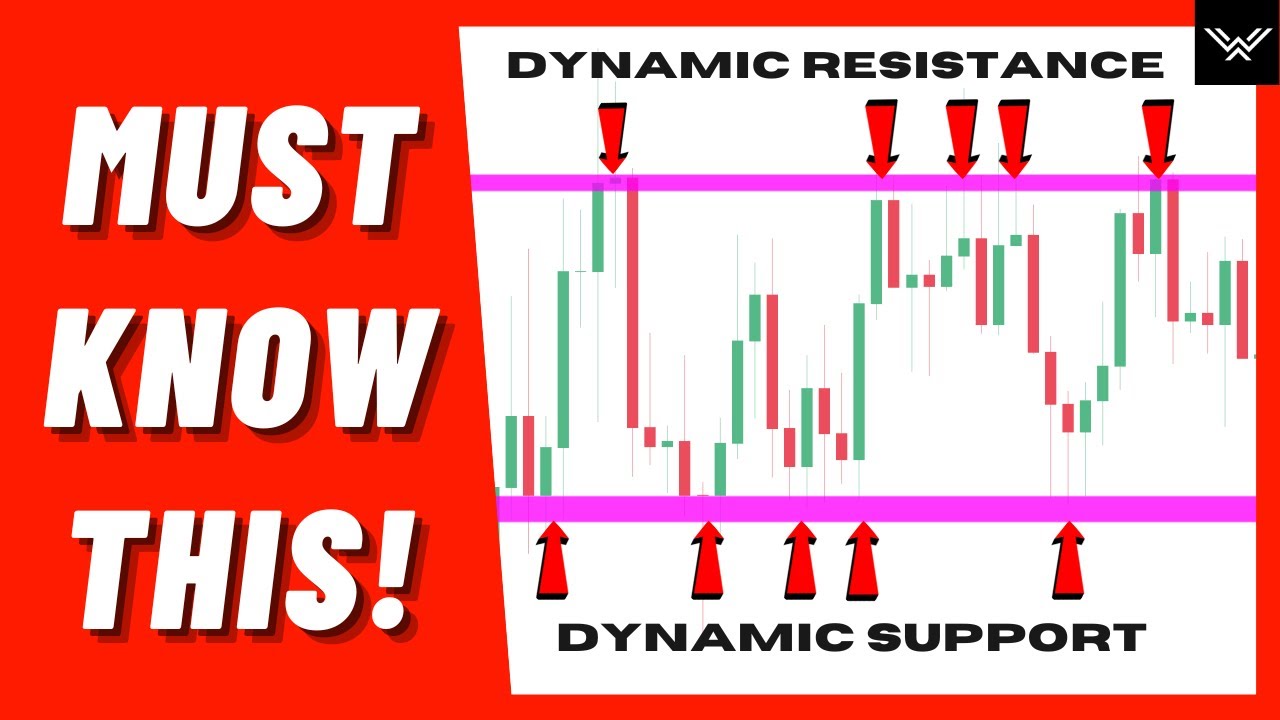Trading forex can seem daunting for beginners, but it is actually quite simple once you understand the basics. Here are the steps you can follow to start trading forex:
1. Learn The Basics
Before you start trading, it's important to learn the basics of forex trading. This includes understanding forex quotes, currency pairs, and how to read charts.
2. Choose a Broker
To trade forex, you will need to open an account with a broker that offers forex trading. Look for a broker that is regulated, has a good reputation, and offers a trading platform that you are comfortable with.
3. Fund Your Account
Once you have opened an account with a broker, you will need to fund your account. Most brokers offer a variety of deposit methods, such as bank transfers, credit cards, and e-wallets.
4. Choose a Currency Pair
Decide which currency pair you want to trade. Some popular currency pairs include EUR/USD, USD/JPY, and GBP/USD. It's important to choose a currency pair that you are familiar with and that fits your trading strategy.
5. Decide On Your Trading Strategy
There are many different trading strategies you can use when trading forex, such as scalping, day trading, or swing trading. Choose a strategy that suits your trading style and risk tolerance.
6. Place Your Trade
Once you have decided on your trading strategy, you can place your trade. This involves choosing the amount of currency you want to trade and whether you want to buy or sell the currency pair.
7. Monitor Your Trade
After you have placed your trade, monitor it closely to see how it is performing. You can use technical and fundamental analysis to help you make informed decisions about when to enter or exit a trade.
8. Close Your Trade
When you are ready to exit your trade, you can close it by selling the currency pair if you bought it, or buying the currency pair if you sold it.
Trading forex requires a combination of knowledge, skill, and practice. By learning the basics, choosing a reputable broker, and developing a trading strategy, beginners can start trading forex with confidence.
Reputable Brokers To Contact For Forex Trading
There are many reputable brokers that offer forex trading.
1. IG
IG is a well-established broker with a reputation for offering competitive spreads and a wide range of trading tools and resources. They are regulated by top-tier regulators such as the FCA in the UK and ASIC in Australia.
2. OANDA
OANDA is a highly-regarded broker that has been in business for over 20 years. They are known for offering low spreads and a user-friendly trading platform. They are regulated by several top-tier regulators, including the FCA in the UK, CFTC in the US, and ASIC in Australia.
3. Forex.com
Forex.com is a popular broker that offers a range of forex trading services, including a user-friendly trading platform, competitive spreads, and a variety of educational resources. They are regulated by several top-tier regulators, including the FCA in the UK and ASIC in Australia.
4. TD Ameritrade
TD Ameritrade is a well-known brokerage firm that offers forex trading as part of its suite of trading services. They offer a variety of trading tools and resources, including a customizable trading platform, as well as 24/7 customer support. They are regulated by several top-tier regulators, including the SEC in the US.
5. Interactive Brokers
Interactive Brokers is a leading online broker that offers forex trading, as well as a range of other trading services. They are known for offering low spreads, a wide range of trading tools, and a customizable trading platform. They are regulated by several top-tier regulators, including the FCA in the UK and ASIC in Australia.
Research brokers carefully and choose one that is regulated, reputable, and offers the services and trading tools that fit your trading needs and preferences.
Factors To Consider When Choosing Forex Broker
When choosing a forex broker, there are several factors to consider that can affect your trading experience and success. Here are the key factors to keep in mind when choosing a Forex Broker:
1. Regulation
Choose a broker that is regulated by a reputable financial authority, such as the Financial Conduct Authority (FCA) in the UK, the National Futures Association (NFA) in the US, or the Australian Securities and Investments Commission (ASIC). Regulation helps ensure that the broker operates fairly and transparently and offers adequate investor protection.
2. Trading platform
The trading platform is the software that you use to place trades, monitor your positions, and access trading tools and resources. Look for a broker that offers a trading platform that is easy to use, reliable, and meets your trading needs and preferences.
3. Spreads and fees
The spread is the difference between the bid and ask price of a currency pair. Look for a broker that offers competitive spreads, as well as low or no commission fees.
4. Customer support
Look for a broker that offers responsive and helpful customer support, including live chat, phone, and email support.
5. Trading tools and resources
Look for a broker that offers a range of trading tools and resources, such as technical analysis tools, economic calendars, and educational resources. These tools can help you make informed trading decisions and improve your trading skills.
6. Account types
Look for a broker that offers account types that fit your trading style and needs. Some brokers offer different account types for different levels of traders, such as beginner, intermediate, and advanced.
When choosing a forex broker, consider the factors that are important to you and your trading strategy. By doing your research and choosing a reputable broker that meets your needs, you can increase your chances of success in the forex market.
How To Find if Broker is Regulated By Reputable Financial Authority?
You can find out if a broker is regulated by a reputable financial authority by checking their website or contacting their customer support. Reputable brokers will typically list their regulatory information prominently on their website, including the name of the regulatory authority and their license number.
Here are a few steps you can follow to check if a broker is regulated:
1. Check the broker's website
Look for information about the broker's regulatory status on their website. This information is often listed in the "About Us" or "Regulatory" section of the website. Look for the name of the regulatory authority and their license number.
2. Check the regulatory authority's website
Once you have the name of the regulatory authority, visit their website to confirm the broker's regulatory status. Most regulatory authorities maintain a database of regulated entities that you can search online.
3. Verify the license number
If the broker provided a license number on their website, you can verify it with the regulatory authority. Look for a "License Verification" or similar tool on the regulatory authority's website, and enter the broker's license number to confirm its validity.
Not all regulatory authorities are created equal, and some are more reputable than others. Some of the most well-regarded regulatory authorities include the Financial Conduct Authority (FCA) in the UK, the National Futures Association (NFA) in the US, and the Australian Securities and Investments Commission (ASIC).
By choosing a broker that is regulated by a reputable financial authority, you can help ensure that your funds are protected and that the broker operates fairly and transparently.














0 Comments